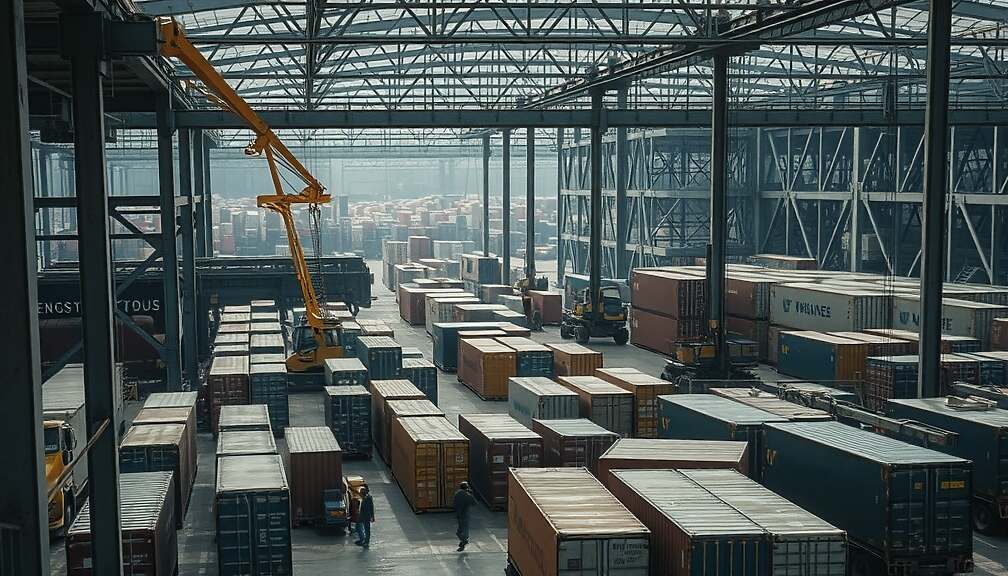European business leaders are urging German Chancellor Friedrich Merz (CDU) and Vice-Chancellor Lars Klingbeil (SPD) to champion robust, reliable and transparent supply chain standards, citing their crucial role in securing the long-term competitiveness of the European economy. A letter, sent yesterday and detailed in a report from Tagesspiegel Background, is signed by 21 CEOs, managing directors and senior executives from prominent companies including retail giant Otto, discount supermarket chain Aldi Süd, chocolate manufacturer Alfred Ritter, SMA Solar Technology, Vaude and GLS Bank.
The call comes as the EU currently revises its Corporate Sustainability Due Diligence Directive (CSDDD). The signatories advocate for “strong, reliable standards that ensure fair competition, generate transparency and incentivize responsible entrepreneurship – without compromising on human rights, environmental protection, or legal certainty”. They argue that enhanced comparability will bolster confidence among consumers, investors, financial institutions and business partners. The letter emphasizes the necessity of effective sanctioning mechanisms to penalize violations of the law and prevent unfair competitive advantages. Specific measures for a practical and workable regulatory framework are proposed within the document.
The group explicitly opposes the attempts by several large corporations to scrap the EU’s due diligence directive. They assert that abandoning binding and harmonized regulations like the CSDDD would be “counterproductive” and pose a risk to the integrity of the EU’s internal market.
The statement implicitly references a prior letter, sent in October to Chancellor Merz and French President Emmanuel Macron, demanding the immediate abolition of the CSDDD – allegedly on behalf of 46 CEOs. However, Tagesspiegel Background reports that several major financial institutions do not support this demand, despite their names appearing on the supporting list attached to the previous letter. This discrepancy raises questions about the true breadth of support for dismantling the directive and highlights a potential divide within the European business community regarding the scope of corporate responsibility and regulatory oversight. The incident underscores the increasingly complex lobbying landscape surrounding the CSDDD and the tensions between promoting economic competitiveness and upholding ethical and environmental standards within European supply chains.












